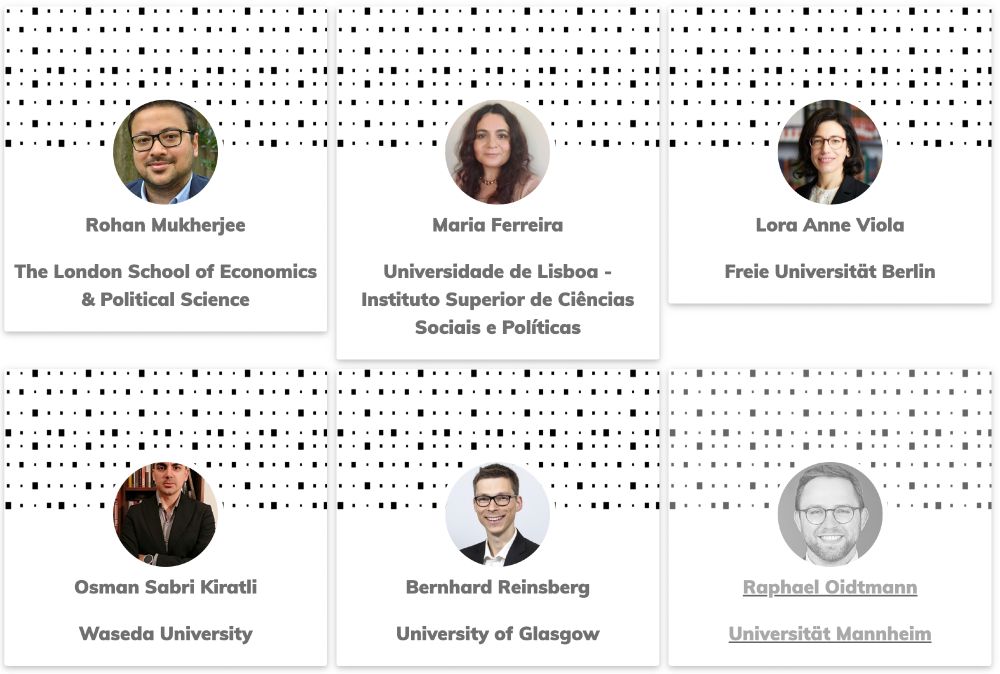Osman Sabri Kiratli
@osmansabrikiratli.bsky.social
510 followers
400 following
22 posts
Associate professor of International Relations @Waseda University. Former @UniBogazici, AvH Fellow @WZB_Berlin, PhD @umasspolsci. Public opinion on foreign policy, board games, hi-fi, NBA
http://www.osmansabrikiratli.com/
Posts
Media
Videos
Starter Packs
Reposted by Osman Sabri Kiratli
Reposted by Osman Sabri Kiratli
Reposted by Osman Sabri Kiratli
Bernd Schlipphak
@bschlipphak.bsky.social
· Jan 15

Populism and public attitudes toward international organizations: Voting, communication, and educati...
What effect does populism have on public attitudes toward International Organizations (IOs)? In this article, we differentiate for the first time between populist communication – understood as IO cr...
link.springer.com
Bernd Schlipphak
@bschlipphak.bsky.social
· Jan 15

Populism and public attitudes toward international organizations: Voting, communication, and educati...
What effect does populism have on public attitudes toward International Organizations (IOs)? In this article, we differentiate for the first time between populist communication – understood as IO cr...
link.springer.com
Reposted by Osman Sabri Kiratli
Reposted by Osman Sabri Kiratli










